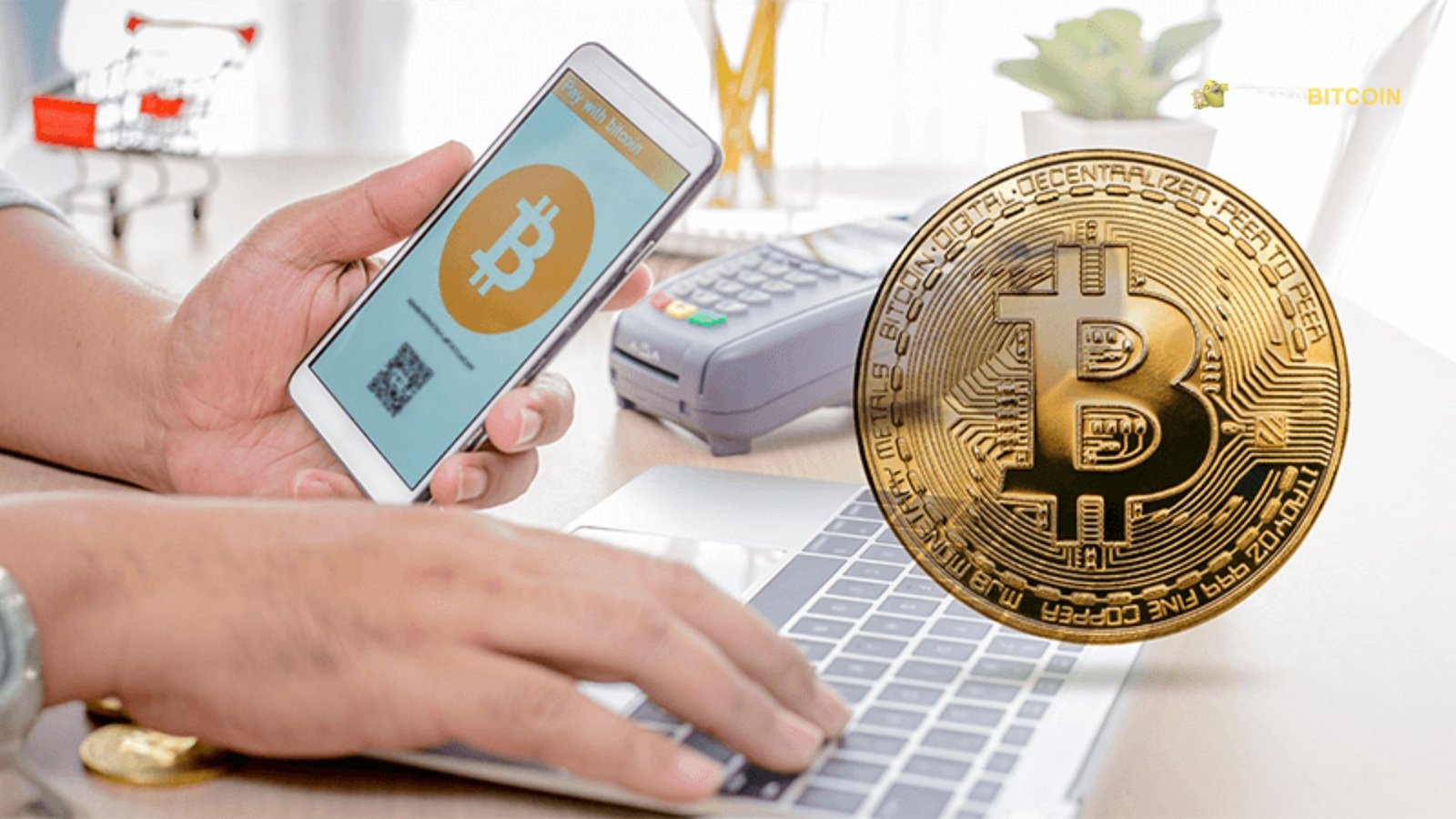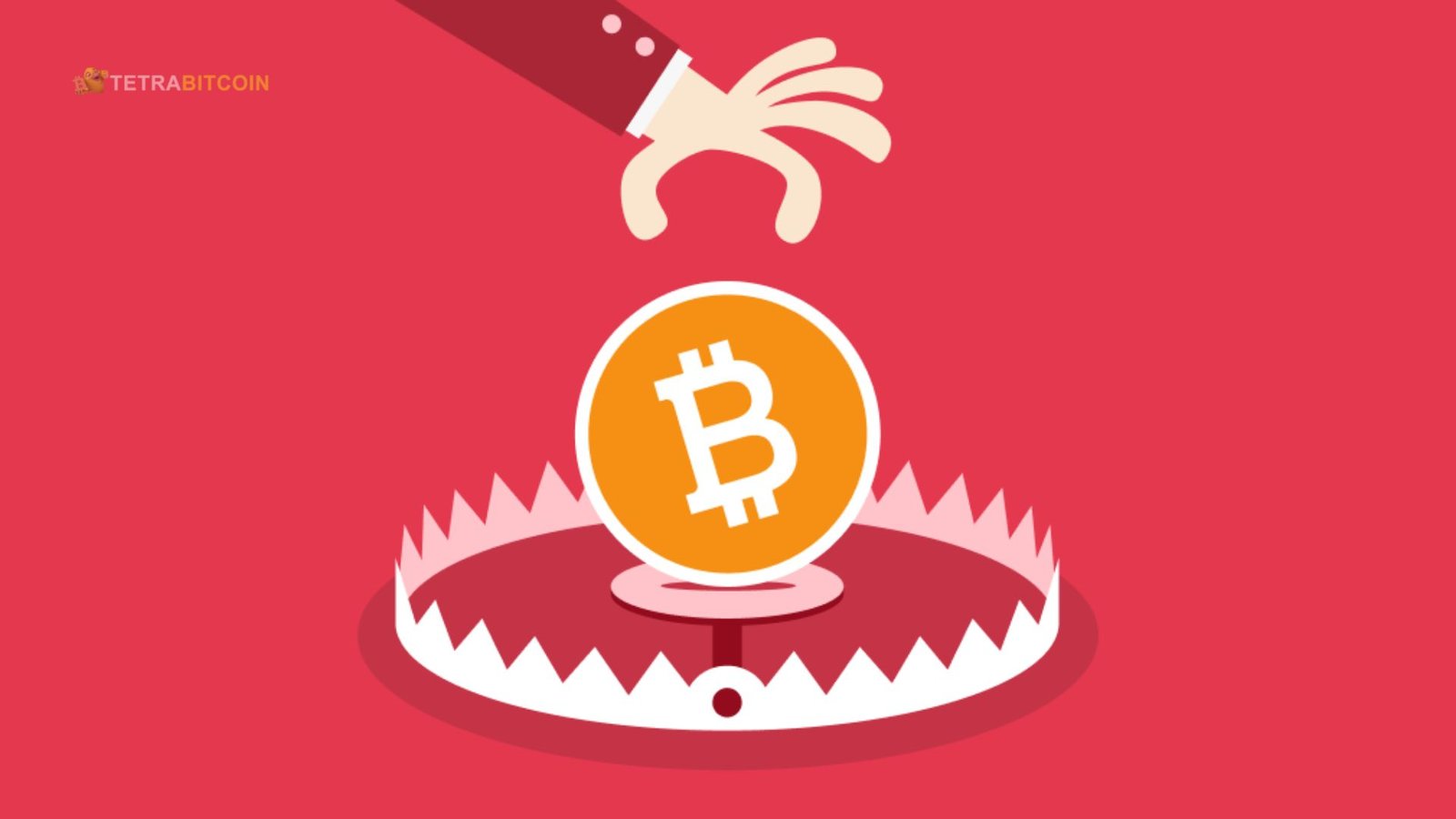Regarding financial developments of the last decade, Bitcoin is right up there with the best of them. The 2009 introduction of Bitcoin by an anonymous hacker named Satoshi Nakamoto piqued the interest of governments, computer enthusiasts, and investors. Bitcoin is a decentralized digital Money. Anyone interested in the future of finance would familiarize themselves with its inner workings since its influence is inevitable despite the obscurity surrounding its origins. For those unfamiliar with Bitcoin, this essay lays out the fundamentals, explains how it operates, and explains why it’s essential.
What Is Bitcoin?
Bitcoin is essentially digital Money, which means it does not exist in the real world like coins or banknotes. It eliminates intermediaries, like banks, by allowing users to deal directly with one another through a peer-to-peer network. A “cryptocurrency” like Bitcoin employs cryptography to manage the issuance of new units and ensure the security of transactions.
Bitcoin differs from fiat currencies because a government or bank does not print it. Instead, a distributed network of computers (or “nodes”) that coordinate to verify and safeguard financial transactions keeps it running. Because of this decentralization, Bitcoin is immune to government regulation and manipulation.
How Bitcoin Works
For Bitcoin to function, a distributed ledger known as the blockchain must be used, and miners must use complicated algorithms to validate transactions. Miners add verified transactions to a public ledger and encrypt them using encryption. Bitcoin transactions take place directly between users, without the need for intermediaries, and the limited amount of 21 million coins guarantees scarcity.
The Blockchain The Backbone of Bitcoin
Blockchain is the technology behind Bitcoin. It is a distributed ledger that logs each Bitcoin transaction. Each Bitcoin transaction is part of a larger series of transactions called a block, so this new block becomes part of the preexisting chain of blocks—the blockchain.
Since the blockchain is open and accessible to everyone, anyone may see the full record of Bitcoin transactions. The transactions themselves are public, but the parties’ identities are not. On the other hand, Bitcoin transactions are associated with distinct alphanumeric addresses, allowing users some anonymity.
Mining How New Bitcoins Are Created
Bitcoins are generated through a process known as mining. Mining is computationally intensive since it entails solving complicated mathematical problems. The process of adding a new block to the blockchain and receiving freshly created bitcoins is known as mining. This approach assures the controlled and predictable supply of Bitcoin.
One way Bitcoin differs from fiat currencies, which governments can print or inflate, is that there can only ever be 21 million in circulation. The limited supply of Bitcoin has added to its allure as a possible asset to hedge against inflation.
Why Bitcoin Matters
Bitcoin is significant because it provides a decentralized alternative to traditional Money resistant to censorship. Because of its decentralized nature and guaranteed supply, Bitcoin may serve as a buffer against price increases and economic uncertainty. Bitcoin is a powerful instrument for financial inclusion on a global scale since it facilitates instant, cheap, cross-border transactions.
A Decentralized Currency
One of Bitcoin’s most significant selling points is its decentralized nature. Banks and governments have traditionally controlled the printing and circulation of currency. However, there is no central authority that controls Bitcoin. This offers an alternative to currencies provided by the government and gives consumers greater control over their wealth.
Because of its decentralized nature, Bitcoin is resistant to censorship. Individuals in nations with authoritarian governments or shaky financial systems can use Bitcoin to conduct financial transactions and safeguard their valuables.
Store of Value and Digital Gold
Because of its possible use as a store of wealth, Bitcoin is frequently likened to gold. There is a finite supply of Bitcoin, just like gold. Because of this, it is a good choice for anyone who wants to protect themselves from inflation or economic uncertainty. Many people call Bitcoin “digital gold” because, similar to gold, it’s considered a protection against the risks associated with the existing banking system.
Unlike fiat currencies, Bitcoin has a fixed supply for which central banks can create more. Due to its extreme rarity, Bitcoin is seen by some as a more secure investment option in an era where central banks around the globe are printing Money to address economic crises.
Fast and Low-Cost Transactions
Bitcoin enables cheap and quick international transactions. The traditional financial system can be time-consuming and costly when transferring funds internationally. In contrast, Bitcoin transactions are affordable and fast, taking only minutes to complete. In developing nations where traditional banking services are not readily available, this has contributed to Bitcoin’s popularity as a means of remittance.
Also, unlike traditional currencies, Bitcoin transactions can happen at any hour of the day or night, unconstrained by banks or time zone restrictions. Whether it’s a person or a company, this tool is perfect for those who need to transfer or receive Money quickly and securely.
Getting Started with Bitcoin
The purchase, storage, and use of Bitcoin could appear confusing if you’re new to it. But getting going isn’t hard if you have the correct tools. Here is a beginner’s handbook to get you started on the Bitcoin path.
Setting Up a Bitcoin Wallet
One way to safely transfer, receive, and keep Bitcoin is with a Bitcoin wallet. Wallets come in several forms, such as software, hardware, and mobile wallets. The best option for those just starting with Bitcoin is a mobile wallet you can access and manage from your phone.
When creating a Bitcoin wallet, each Bitcoin user is assigned a private key, also known as a password. The privacy and security of your private key are of the utmost importance. If you misplace your Bitcoin, you cannot retrieve it.
Buying Bitcoin
Coinbase, Binance, and Kraken are just a few cryptocurrency exchanges where you can purchase Bitcoin after you have a wallet. Connecting your wallet to the exchange and funding it with funds from a bank transfer, credit card, or any other means is necessary to purchase Bitcoin. You can buy Bitcoin with your funded account and store it in your wallet.
Using Bitcoin
Bitcoin has many uses once you have it. You can use Bitcoin for various purposes, including sending it to other users, buying from businesses that accept it, or even holding it as an investment. With Bitcoin’s increasing popularity, more and more online and offline companies are accepting the cryptocurrency.
The Risks of Bitcoin
Despite its tremendous benefits, Bitcoin has hazards associated with it. Its instability is a significant worry. Occasionally, the price of Bitcoin might rise or fall by double-digit percentages in a single day. Because of this, Bitcoin is not an asset for the faint of heart or for those seeking price stability.
Buyers are alson’t as well protected due to the Bitcoin market’s lack of regulation. Bitcoin’s decentralized nature provides some protection, but it also means that users have no one to go to for help in case of a problem.
Lastly, despite its revolutionary nature, Bitcoin’s underlying technology is evolving. The Bitcoin community is still very divided on energy use and scalability.
The Future of Bitcoin
Although Bitcoin’s trajectory is still uncertain, its impact on the development of modern finance is sure to remain significant. Bitcoin has altered people’s perspectives on Money regardless of whether it gains widespread use as a currency or remains a store of value for long-term investors. More excellent stability and acceptability may be on the horizon for Bitcoin as its utility and value rise with increased adoption by individuals and corporations.
Nevertheless, several elements, such as legislative frameworks, technological improvements, and public perception, will determine Bitcoin’s success. Other digital currencies or those backed by governments may threaten Bitcoin. Regardless, Bitcoin’s influence on the world’s monetary system is indisputable, and its role in the Internet economy will only expand.
Conclusion
The revolutionary and game-changing technology known as Bitcoin might completely alter our perception of monetary value. Anyone may start to delve into the world of Bitcoin by learning its essential characteristics, how it operates, and its pros and cons. Bitcoin caters to many kinds of people, whether they want to invest, make trades, or just learn more about this attractive digital Money.
Being well-informed and ready for what’s to come is crucial as the world turns to digital currency. Bitcoin is leading the charge toward a digital financial future.
[sp_easyaccordion id=”3117″]

